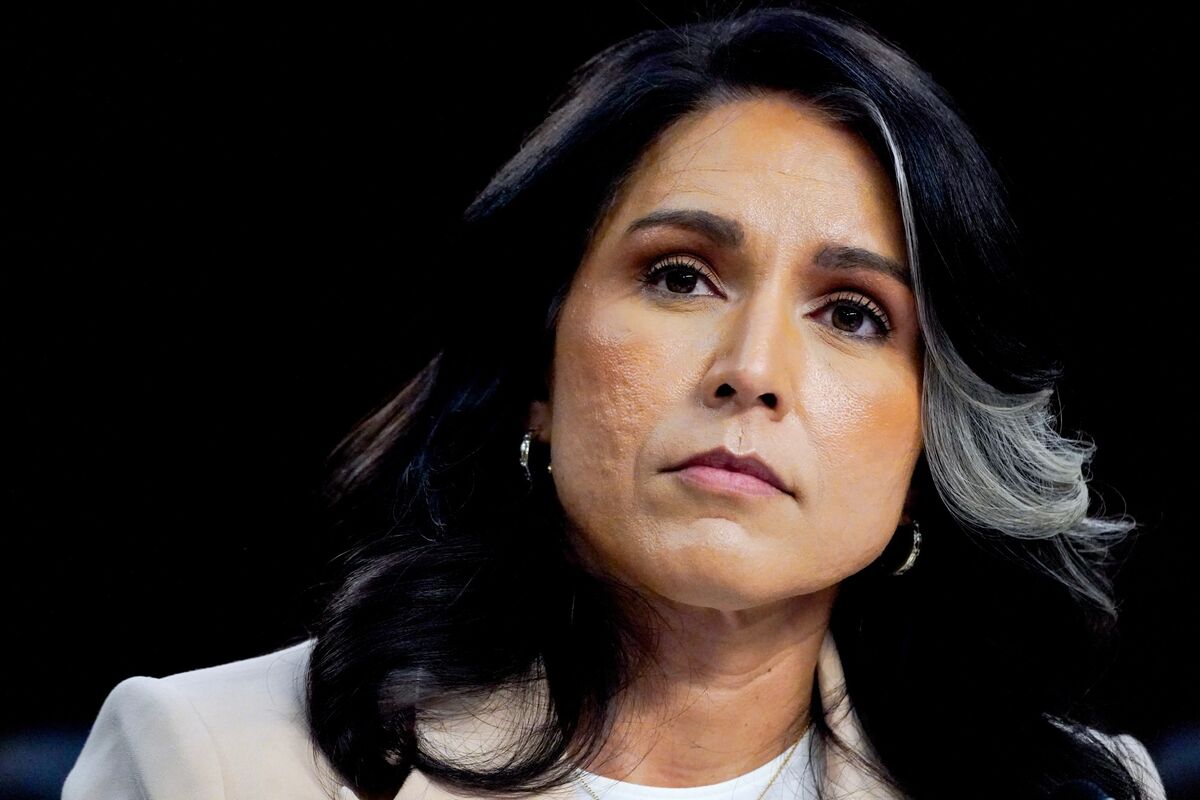In recent years, Canada has often found itself navigating complex geopolitical dynamics, particularly in its relationships with the United States and the United Kingdom. The recent bilateral agreement between the U.S. and the U.K. has raised concerns among Canadian policymakers and analysts, with some warning that it could leave Canada at a strategic disadvantage. According to one political scientist, this agreement is “not good news” for Canada—and there are several reasons why.
The Context of the U.S.-U.K. Agreement
The U.S. and the U.K. have long shared a “special relationship,” rooted in historical ties, intelligence-sharing (Five Eyes alliance), military cooperation, and economic partnerships. However, recent agreements—particularly in defense, trade, and technology—have deepened this alliance in ways that could sideline Canada.
One key area is the AUKUS pact (Australia, U.K., U.S.), a trilateral security agreement focused on nuclear-powered submarines and advanced military technology. While AUKUS initially excluded Canada, recent expansions of U.S.-U.K. collaboration in artificial intelligence, quantum computing, and defense innovation further emphasize Canada’s absence from these critical discussions.
Additionally, post-Brexit trade dynamics have pushed the U.K. to seek stronger ties with the U.S., sometimes at the expense of Canada. For example, the U.S.-U.K. Trade and Investment Partnership, though still in early stages, could reshape North Atlantic trade in ways that marginalize Canadian interests.
Why This is Problematic for Canada
1. Economic and Trade Implications
Canada has long relied on its close economic relationship with the U.S., its largest trading partner. However, if the U.S. and U.K. forge deeper trade ties, Canada could face increased competition in key sectors such as agriculture, automotive, and technology.
-
Potential for Trade Diversion: If the U.S. prioritizes British goods under a new bilateral deal, Canadian exporters may lose market share.
-
Supply Chain Shifts: The U.S. and U.K. could collaborate on supply chain resilience, particularly in critical minerals and advanced manufacturing, leaving Canada scrambling to secure its own partnerships.
2. Security and Defense Exclusion
Canada is a NATO member and part of the Five Eyes intelligence alliance, yet its exclusion from AUKUS and other U.S.-U.K. defense initiatives raises concerns about its long-term strategic positioning.
-
Military Modernization Gap: The U.S. and U.K. are investing heavily in next-generation defense technologies, including hypersonic weapons and AI-driven warfare systems. If Canada is left out, it risks falling behind in military readiness.
-
Intelligence Sharing Risks: While Five Eyes remains intact, closer U.S.-U.K. collaboration in cybersecurity and espionage could reduce Canada’s influence in intelligence decision-making.
3. Technological and Innovation Race
The U.S. and U.K. are leading in emerging technologies such as AI, quantum computing, and green energy. Their partnership could accelerate innovation—but without Canada’s involvement, the country may struggle to compete.
-
Brain Drain Concerns: Top Canadian researchers and tech firms might be drawn to the U.S. or U.K. where funding and collaboration opportunities are stronger.
-
Regulatory Misalignment: If the U.S. and U.K. set global standards in tech regulation (e.g., data governance, AI ethics), Canada may have to adapt rather than lead.
4. Diplomatic and Soft Power Erosion
Canada has traditionally played a mediating role in international affairs, but its influence could wane if the U.S. and U.K. increasingly act as a united bloc.
-
Weakened Multilateralism: Canada has championed institutions like the UN and WTO, but a stronger U.S.-U.K. axis might prioritize bilateralism over global cooperation.
-
Arctic Security Concerns: As climate change opens Arctic waterways, the U.S. and U.K. could dominate regional security discussions, leaving Canada with less say over its own northern sovereignty.
What Can Canada Do?
According to the political scholar, Canada must take proactive steps to avoid being sidelined:
-
Strengthen Ties with Other Allies – Deepening partnerships with the EU, Japan, and Australia could offset reliance on the U.S.-U.K. axis.
-
Invest in Domestic Innovation – Boosting R&D funding and tech infrastructure would make Canada a more attractive partner.
-
Lobby for Inclusion in Key Agreements – Ottawa should push for observer status or partial involvement in AUKUS-like initiatives.
-
Leverage Its Strengths – Canada’s natural resources, stable governance, and skilled workforce remain valuable; it should market these assets more aggressively.
Conclusion
While the U.S.-U.K. agreement strengthens an already robust alliance, it poses significant challenges for Canada. From trade and defense to technology and diplomacy, Canada risks being left behind if it doesn’t adapt. As one political scientist warns, this development is “not good news” for Canada—but with strategic adjustments, the country can still secure its place in an evolving geopolitical landscape.
The coming years will be critical in determining whether Canada can assert its interests or if it will become an afterthought in U.S. and U.K. strategic planning. For now, the warning signs are clear: Canada must act decisively or risk fading into the background.



